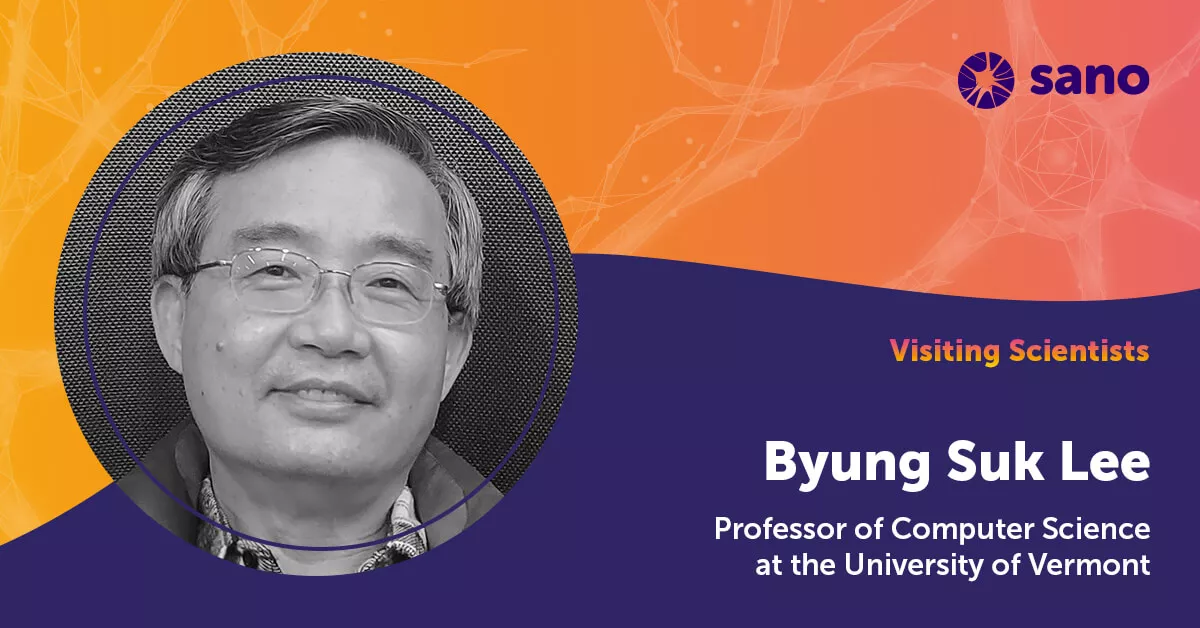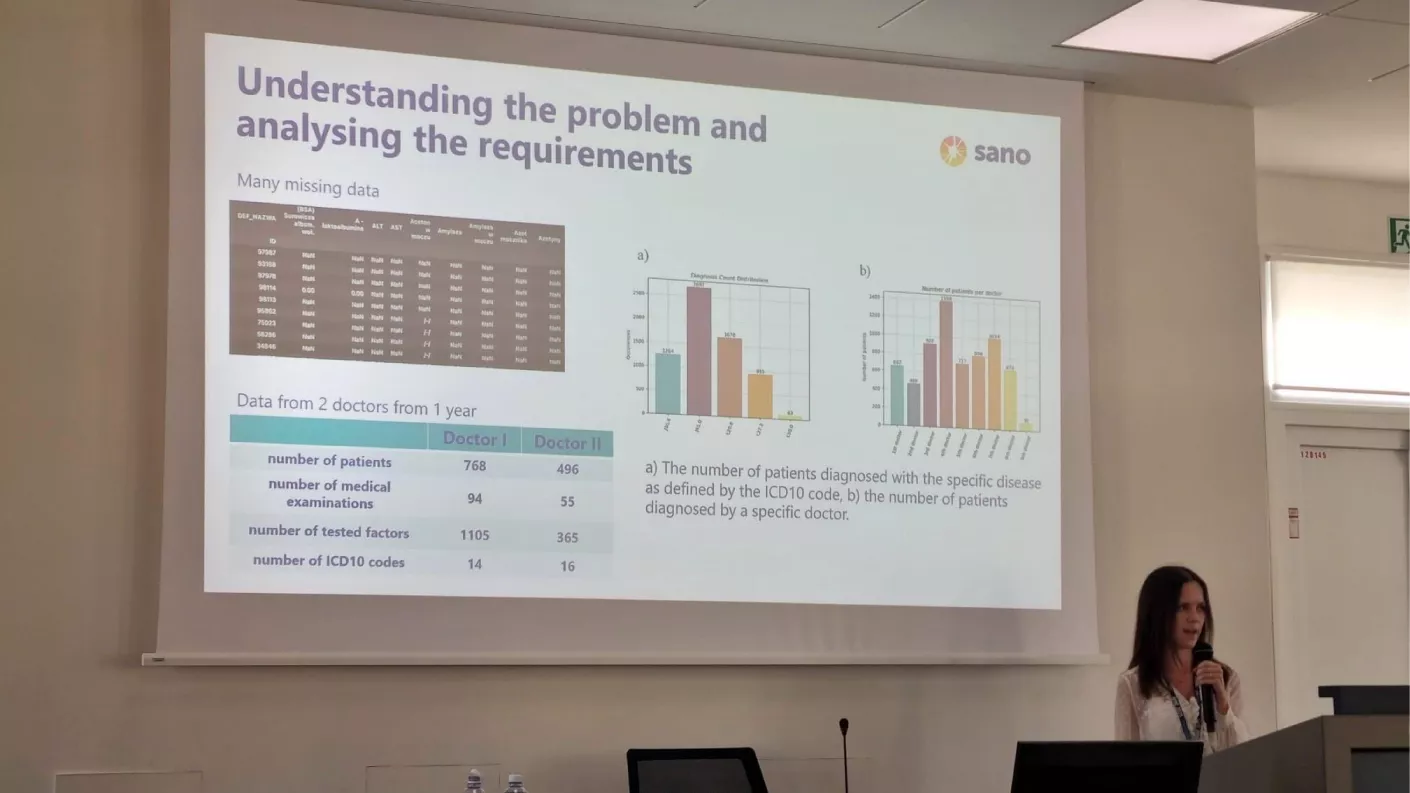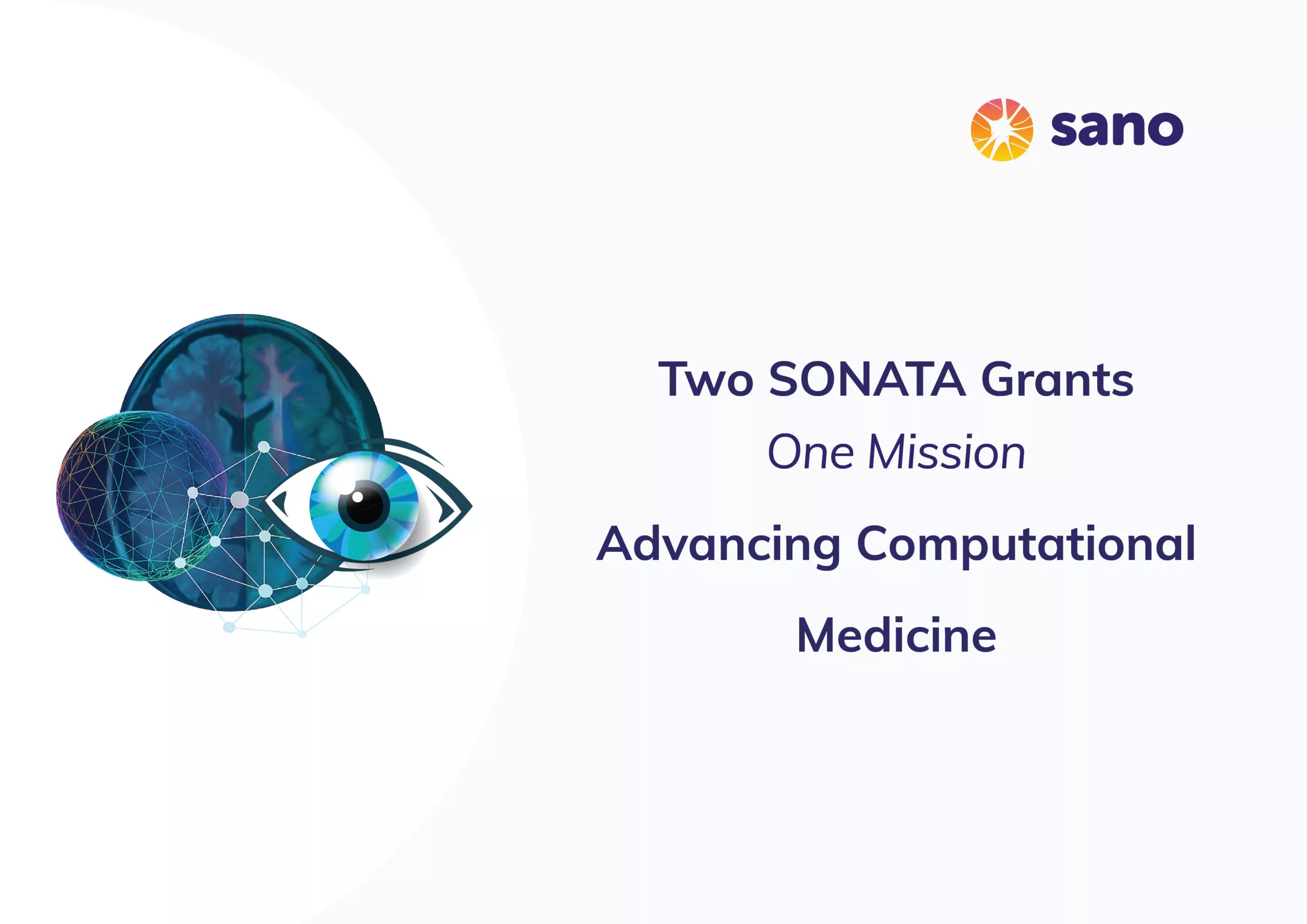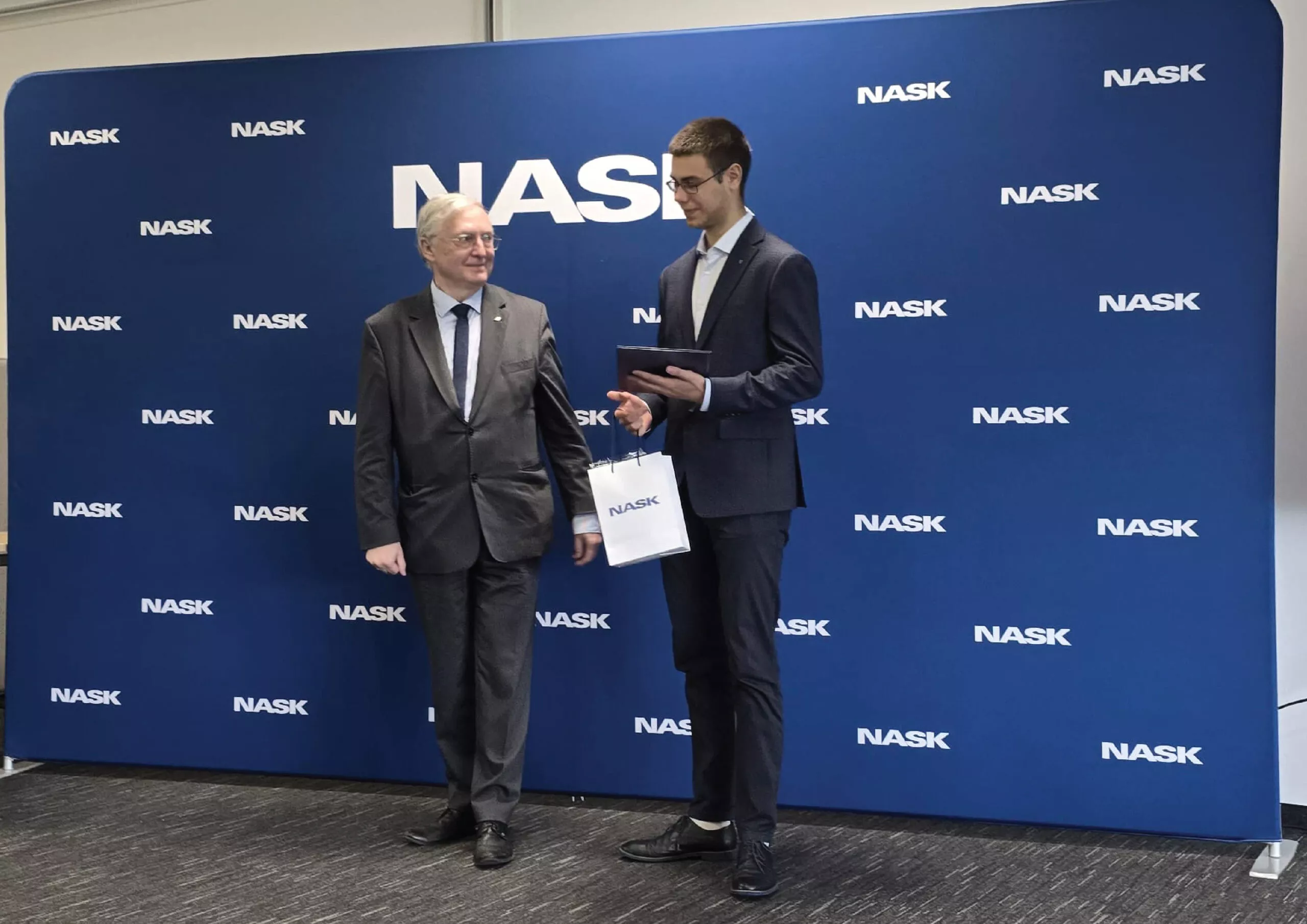
Professor Lee’s visit in Sano
During summertime, we were honored to be visited by prof. Byung Suk Lee. He cooperated mostly with dr Ahmed Hamed and the Clinical Data Science research group, but we all had the opportunity to learn from his experience.
Professor Byung a Professor of Computer Science at the University of Vermont. He received the B.S. degree from Seoul National University, M.S. degree from KAIST, and Ph.D. degree from Stanford University. His research interests include data and database management, data mining, data science, data stream processing, information retrieval, information system architecture, and machine learning, with primary applications in environment, healthcare, transportation, smart facility, and citizen science. He has been a PI and Co-PI of nearly 20 funded research projects, an author of more than 80 peer-reviewed publications, and has served as an organizer, chair, and member of program committees in about 50 international conferences.
Anna Maria Trawińska had also a chance to ask him a few questions.
AMT: Dear professor, I want to start with a very general question, what are you passionate about?
BSL: Well, it’s a general question so I give you a general answer. I’m passionate about bringing positive impacts through science and engineering.
AMT: Could you explain why you choose your field of study and what your work entails exactly?
BSL: I chose computer science for my graduate study to do artificial intelligence and then transitioned into knowledgebase/database. My work entails teaching, research, administration — mostly involving student education and training.
AMT: What are you working on right now?
BSL: Oh, I do a lot of things and multiple projects! For example involving modeling, algorithm design, and system development in database, data science, information retrieval, and machine learning.
AMT: What do you think about Sano and its mission? What are your first impressions after being here? Which project does seem most promising in your opinion?
BSL: My impression of Sano is that, while its mission is focused specifically on advancing computational medicine, its approach broadly covers such areas as academic education (through postdoctoral and graduate training programs jointly with universities), application and practice (in digital healthcare services and products), and entrepreneurship (through promotion and translation of R&D outcomes to the market).
AMT: Do you think that computational medicine can be a game changer for the healthcare industry? In what ways?
BSL: Yes, certainly. I believe computational methods and platforms are a key to the fourth industrial revolution, and the healthcare industry cannot be an exception. With the heavy utilization of AI technologies in the computational methods, the issues of AI ethics and AI fears should be addressed in the healthcare industry as well.




